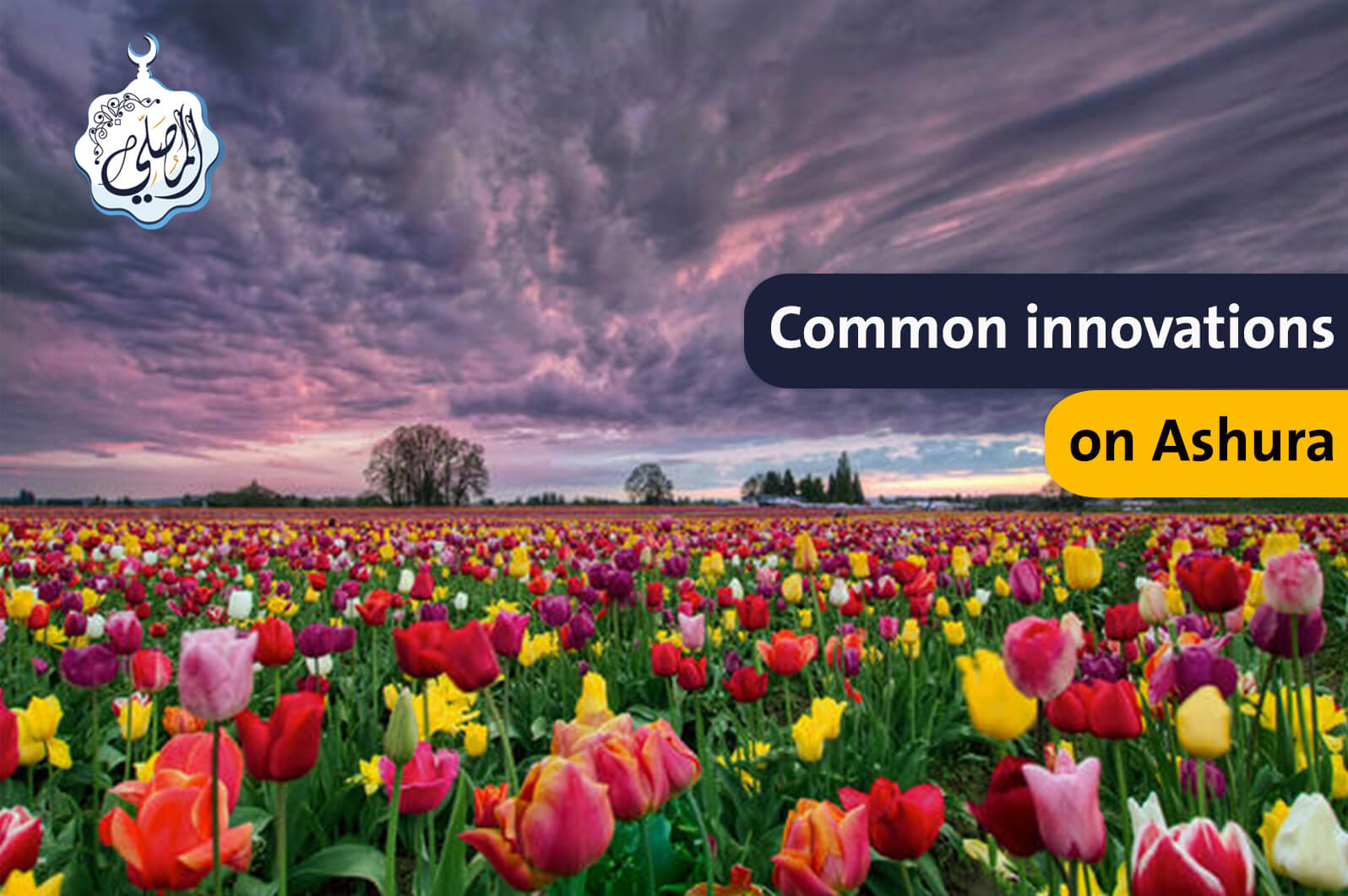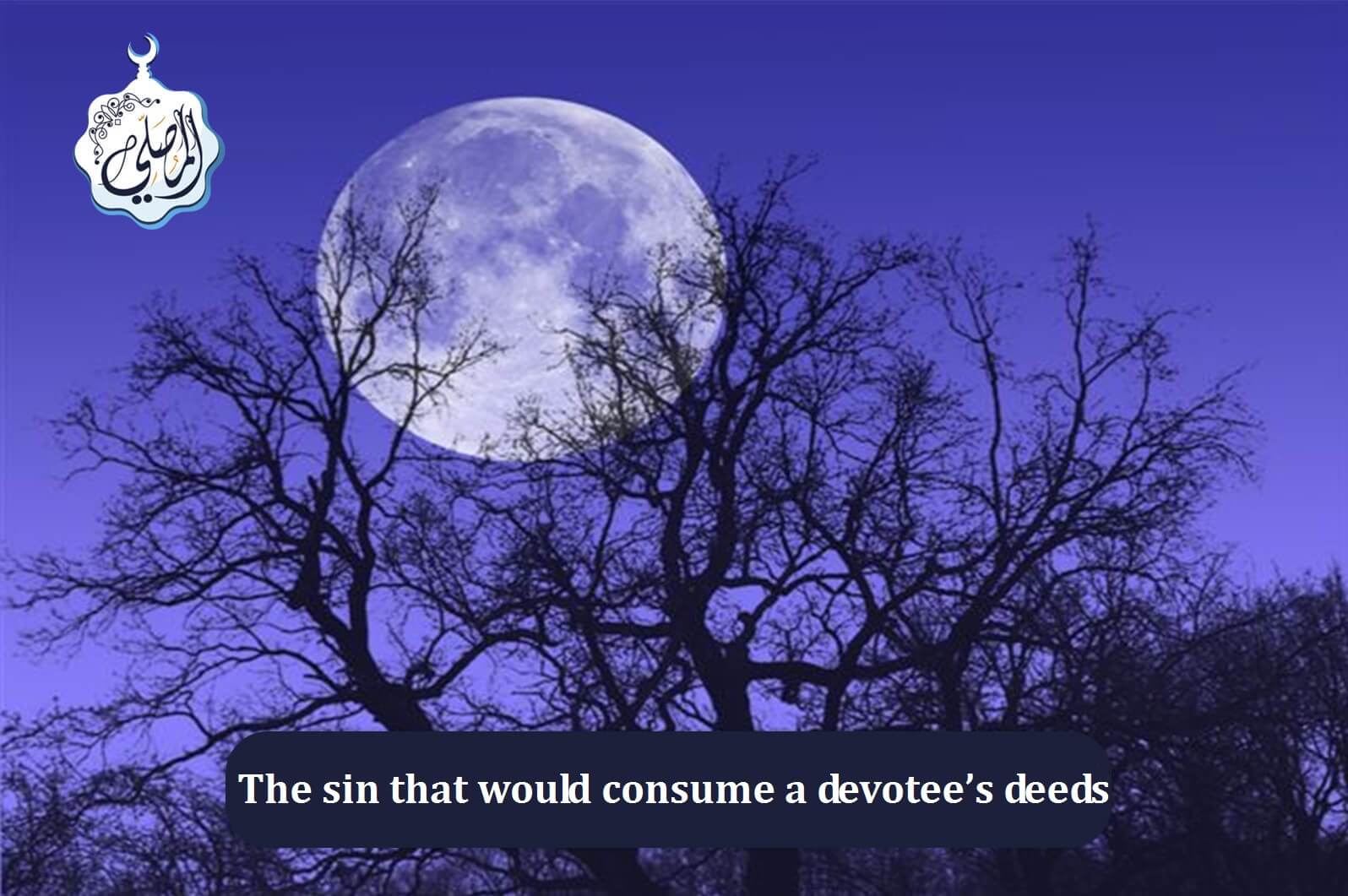
Islamic philanthropy, rooted in the Quranic principles of zakāt (obligatory charity) and sadaqa (voluntary charity), plays a pivotal role in addressing social and economic inequalities. This article delves into the multifaceted nature of Islamic philanthropy, discussing its historical context, core principles, and contemporary applications.
Historical Context
The concept of charity has been central to Islamic teachings since the inception of the religion. The Quran frequently emphasizes the importance of giving to those in need, as exemplified in verses such as:
*"And they ask you what they should spend. Say, ‘Spend of your wealth whatever is good.’" (Quran 2:254)
*"Indeed, the believers are those who believe in Allah and His Messenger and then spend from their wealth, no matter how dear it may be to them, for those who are in need, the orphans, the travelers, those who ask, and for freeing slaves." (Quran 2:177)
The Prophet Muhammad (peace be upon him) also set a powerful example of philanthropy, sharing his wealth with the poor and needy. His teachings encouraged his followers to be generous and compassionate toward others.
Core Principles of Islamic Philanthropy
Islamic philanthropy is guided by several core principles:
Obligatory Charity (Zakāt): Zakāt is a mandatory pillar of Islam, requiring individuals to give a portion of their wealth to the needy. It is considered a purification of one's wealth and a means of drawing closer to Allah.
Voluntary Charity (Sadaqa): Sadaqa refers to any voluntary act of charity, including giving money, food, or other forms of assistance. It is considered a meritorious deed that can earn rewards in the afterlife.
Justice and Equality: Islamic philanthropy seeks to promote social justice and equality by addressing the needs of the poor, marginalized, and disadvantaged.
Compassion and Empathy: The Quran and Sunnah emphasize the importance of compassion and empathy toward others, encouraging Muslims to help those in need with a sincere and compassionate heart.
Contemporary Applications of Islamic Philanthropy
Islamic philanthropy continues to play a vital role in addressing social and economic inequalities in contemporary societies. Charitable organizations inspired by Islamic principles have established themselves worldwide, providing a wide range of services to those in need. These services include:
Poverty alleviation: Providing food, shelter, and clothing to the poor and needy.
Education: Supporting educational initiatives, including schools, scholarships, and vocational training programs.
Healthcare: Establishing hospitals, clinics, and medical outreach programs to provide affordable healthcare to the community.
Disaster relief: Responding to natural disasters and humanitarian crises by providing emergency aid and long-term recovery support.
Community development: Promoting economic development and social cohesion through initiatives such as job creation, housing projects, and community empowerment programs.
Conclusion
Islamic philanthropy is a powerful force for good, promoting social justice, compassion, and human development. By adhering to the core principles of zakāt, sadaqa, and justice, Muslims can contribute to a more equitable and compassionate society. As the world faces increasing challenges, the role of Islamic philanthropy in addressing these challenges becomes even more important










 share facebook
share facebook share whatsApp
share whatsApp share twitter
share twitter share telegram
share telegram copy
copy






